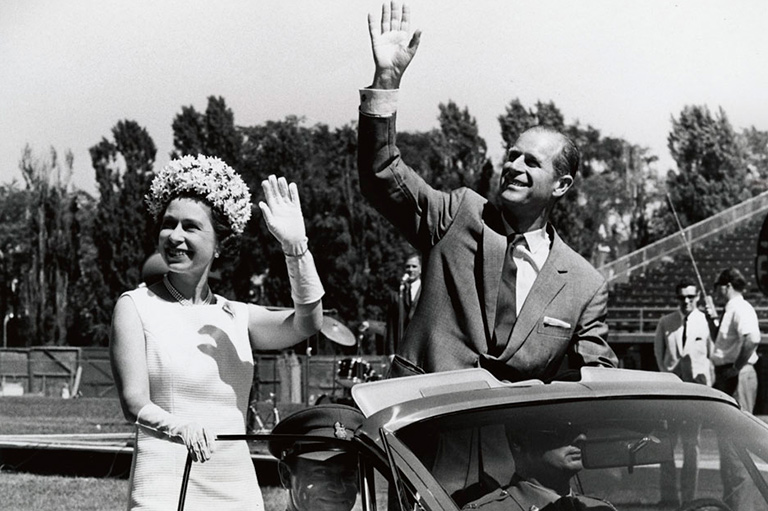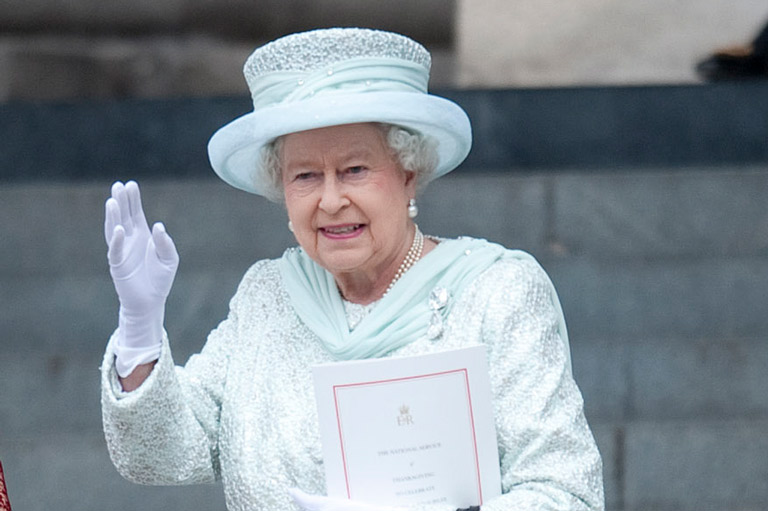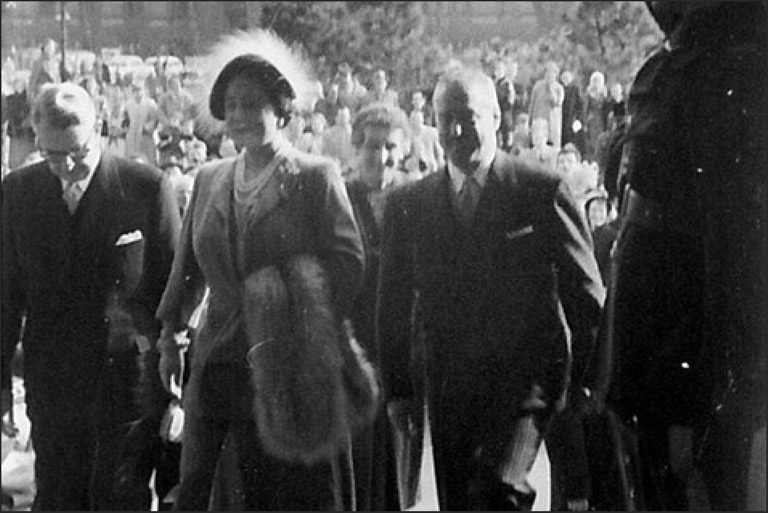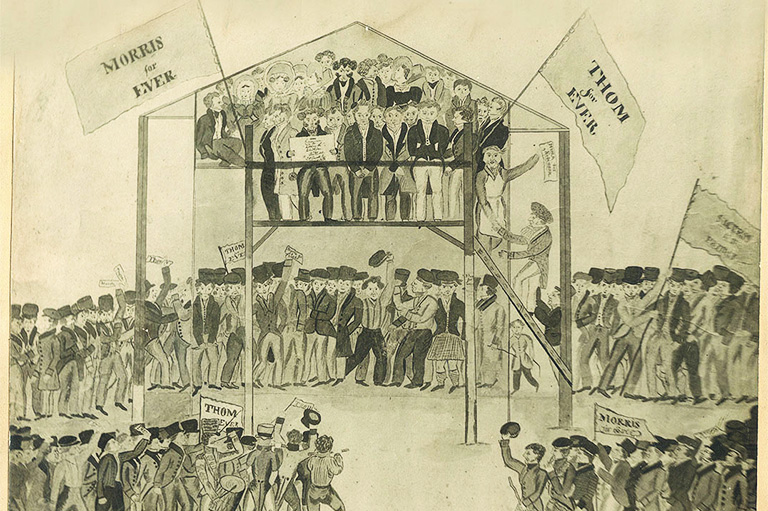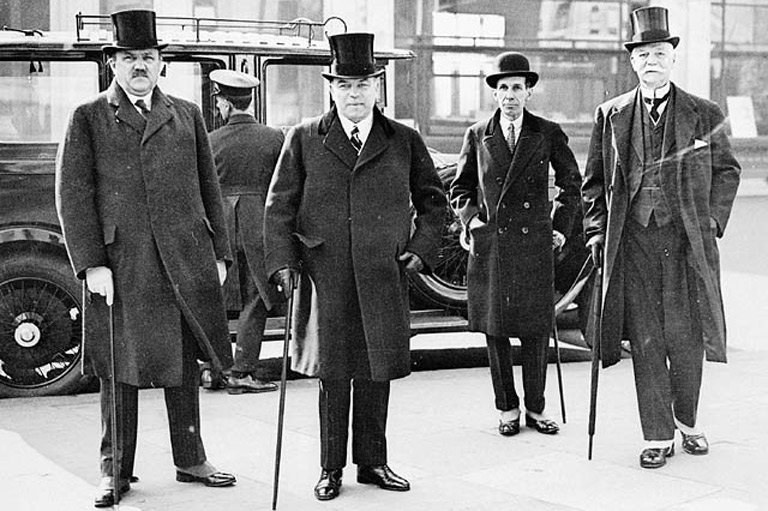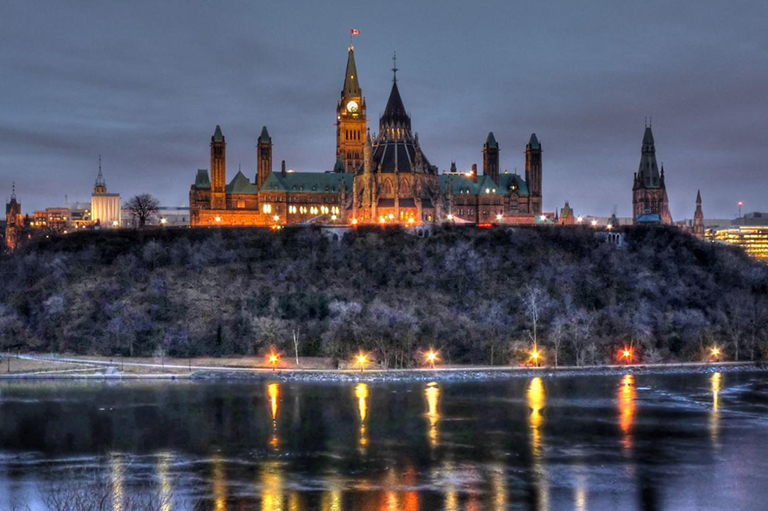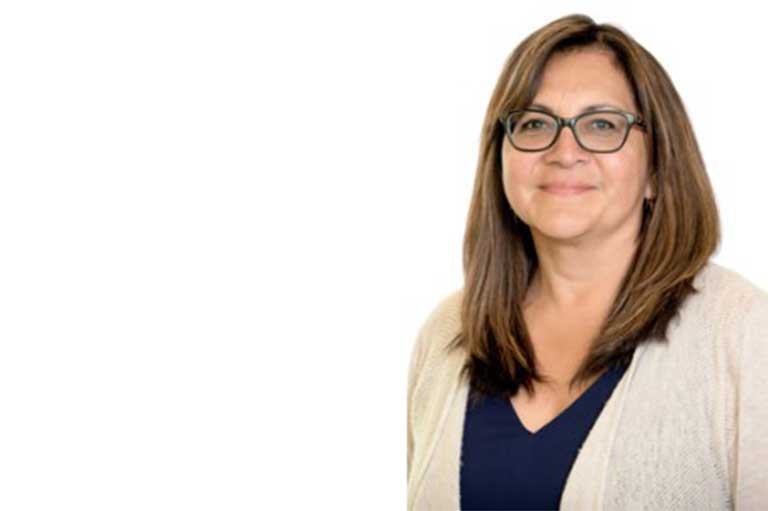Royal Dissent
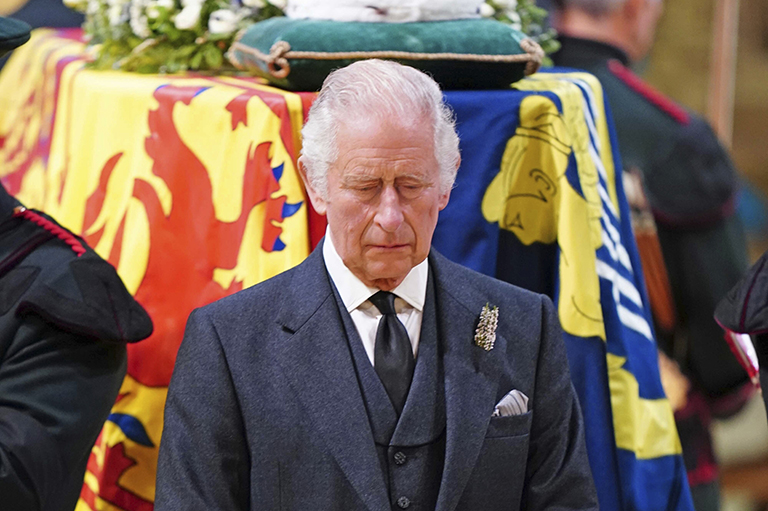
The Queen is dead. Long live the King.
Has anyone ever been so prominent, across so much of the world, for so long, as Elizabeth II? She came to the throne before most of today’s Canadians were born. She lived one of the most remarkable lives of our time. Now the end of her long life provokes mourning, commemoration, and reflection.
No one is consulted when a monarch dies. The reigning monarch’s life ends, and the crown passes at once to the heir, who instantly acquires all the power and majesty of the throne. The coronation Britain will eventually hold will be spectacular, but purely ceremonial. Monarchy tolerates no gap in the succession. The former Prince Charles is now King Charles III, and he is Canada’s head of state.
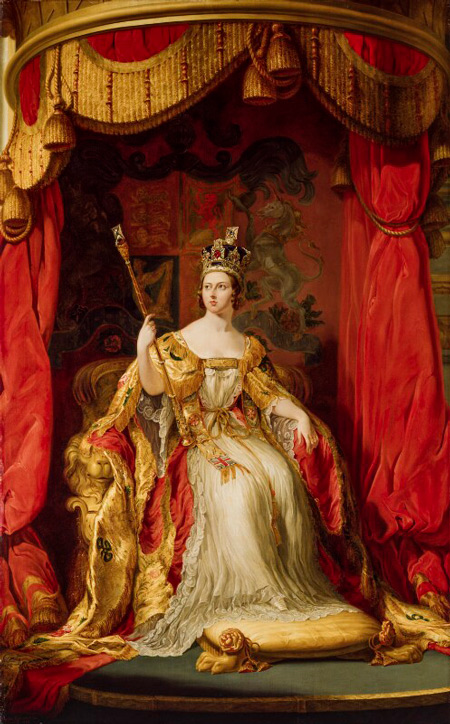
Does the death of a monarch launch a process by which Canadians will be asked to reflect on the institution of monarchy? No, it does not. The succession to Queen Elizabeth II was something in which no Canadians played any role. The reign of Elizabeth as Queen of Canada has been transformed instantly into the reign of Charles, the new king of Canada.
Yet Canadians can have a say, though not at this moment, when one monarch succeeds another. We form a sovereign nation. We have run our own affairs for a long time. We are also a democratic nation. In Treaty partnership with First Nations, our governments are accountable to the people of Canada. Canada has remained a monarchy because Canada has chosen to have it so. If Canadians wish to review that, or prefer to keep things as they are, the choice lies with us. If Canadians wish to have a Canadian head of state, we need only say so.
In Canada, and across the Commonwealth, the discussion is already beginning. While campaigning for provincial election on September 11 — three days after the Queen’s death — Quebec Liberal Party leader Dominique Anglade said that Canadians should reconsider the future of the monarchy, after an appropriate mourning period for the former sovereign. “Do we want to review a system that’s been around for a long time? Should we ask those questions? The answer is yes,” Anglade said. Benoît Pelletier, a former Quebec Liberal cabinet minister and expert on constitutional law, said the death of the Queen will bring the debate over the abolition of the monarchy to the forefront in Canada. “There’s no doubt about it,” he told the Montreal newspaper La Presse.
In other countries that still recognize the British monarch as their head of state, some politicians took the opportunity of the Queen’s death to call for republican reform. The Prime Minister of Antigua and Barbuda, Gaston Browne, said on September 11 that his country will hold a referendum on becoming a republic within three years. In Australia, Green Party leader Adam Bandt tweeted a few hours after the Queen’s death: “We need treaty with First Nations people, and we need to become a Republic.”
In Canada, polls going back as far as 1993 have indicated a majority of citizens in favour of abolishing our connection with the British royal family, although respondents also expressed reluctance to embark on the constitutional negotiations necessary to do so.
With 7 uniquely curated newsletters to choose from, we have something for everyone.
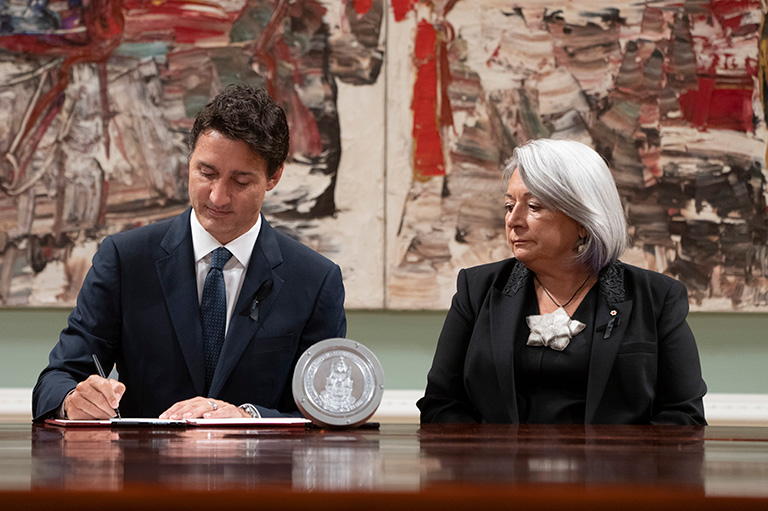
Immediately following the Queen’s death — from September 9 to 11 — the polling firm Leger conducted an online survey of 1,565 Canadians and found that seventy-seven per cent of respondents said they were not personally attached to the British monarchy, while sixty-one per cent were indifferent to the news that Charles is now king. The poll did not ask respondents whether they favoured abolishing the monarchy in Canada. However, an Angus Reid poll on the occasion of Queen Elizabeth’s ninety-sixth birthday in April, 2022, indicated that while sixty-three per cent of Canadians had a favourable impression of the Queen herself, only one in four Canadians believed the country should continue as a constitutional monarchy for generations to come. In that poll, fifty-one per cent of respondents favoured abolishing the monarchy, while twenty-four per cent were undecided. Unfortunately for King Charles, only twenty-nine per cent of Canadians surveyed held him in positive regard.
Supporters of the monarchy, and some constitutional scholars, complain that the pollsters skew the responses they get when they ask Canadians about “the British monarchy.” The critics have a point: constitutionally, there is a Canadian Crown. Charles III is King of Canada independent of his role as King of the United Kingdom.
The pollsters have a common-sense reply. To declare our monarch is not British is like claiming the Pope is not a Catholic. King Charles is as British as the lions of Trafalgar Square. And as his reign begins, Canadians feel the foreignness of the monarchy much more deeply that they did in the still-British Canada of 1952 when Elizabeth inherited the throne.
Canada and Britain have always been very different societies, and they have become steadily more so. Throughout Elizabeth’s long reign, support for a Canadian head of state was slowly building. Polls, for all their uncertainties, suggest that support may be hardening into a consensus. Only Elizabeth’s enduring presence prevented the monarchy from being virtually abolished — in Canadian minds if not yet in the Canadian Constitution — as a real and living presence in the national psyche.
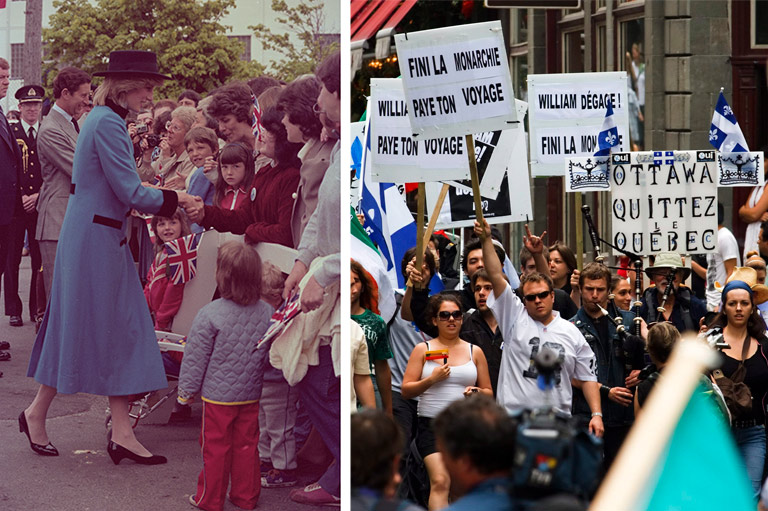
In Britain the monarch, the royal family, and the aristocracy remain deeply embedded in national life and culture. Royals go among their British subjects constantly. They patronize British arts and culture. They bestow knighthoods and titles long extinct in Canada. Britain remains a land of hereditary earls and baronets whose great estates still cover half the nation, and who still have privileged parliamentary status in their own House of Lords. Kings and aristocrats remain part of British reality.
In Canada we have no hereditary honours, and our upper house of Parliament is now appointed for merit. Just as we have our own sports heroes, artists, technological innovators, and influencers to represent us at home and on the world stage, Canadians increasingly assume a Canadian should fill the real and symbolic functions of a head of state, on a full-time basis, living among us, speaking in our own accents. Prime ministers and premiers will always be party politicians, but a head of state could stand above and outside politics, representing all Canadians.
The late historian Michael Bliss — more conservative than radical in his views — put it succinctly in 2011: “It’s an absurdity that in twenty-first century Canada, no Canadian can aspire to be head of state of Canada…. Instead, we should institute in our constitution a process of selecting a Canadian head of state, a Governor General, or a president of the republic of Canada, in whom our people have confidence and respect.”
Canada is enriched by the diversity of its people. Many Canadians today trace their roots to peoples — whether from the Caribbean, Asia, Africa, or Ireland — who were colonized and oppressed as subjects of the British Empire. For many of them, as well as for some francophone and Indigenous Canadians, it sticks in the craw that Canadian pride and loyalty require allegiance to a Crown they may associate with their oppression. Increasingly, immigrants to Canada are drawn here by the Canadian commitment to equality, equal opportunity, and inclusiveness. A uniquely Canadian head of state, properly chosen, could be a confirmation and a guarantee of the remarkable diversity that has become a hallmark of the Canadian population.
Today no change to the monarchy could be contemplated without Indigenous involvement and consent. The First Nations of Canada have their own complex relationship with the Crown. So long as Canada fails to live up to its Treaty commitments and other obligations to Indigenous peoples, the First Nations will have good reason to attempt to circumvent the Canadian state to call upon the British monarch’s ancient obligations to them. If a First Nations delegation were to go to Britain, it could expect to be received respectfully by the Crown. The Crown takes pride in its relations with Indigenous Peoples. Although neither the monarch nor the British government could override the Canadian Parliament to conclude legally-binding agreements with First Nations, such a delegation would garner international attention and could put pressure on the Canadian government to resolve First Nations grievances.
But for Indigenous peoples, the Crown also symbolizes colonial invasion and dispossession. These colonial relationships can only be changed in Canada, by Canadians. Canada has already welcomed an Indigenous Governor General. If Canada demonstrates it is serious about Indigenous self-government and Treaty implementation, the First Nations could become important partners in creating a Canadian head of state and the ceremonies for honouring and installing each new one.
Although polls show Quebeckers to be the least monarchical of Canadians, Quebec has declined to participate in constitutional amendment talks since the Constitution was patriated in 1982 without the agreement — or the signature — of the province’s separatist premier René Levesque. Furthermore, Quebeckers would surely be reluctant to support a head of state who would be chosen preponderantly by the “Rest of Canada” — through election by a national majority vote, say.
But if the deadlock on constitutional amendment were to change, Quebec might not wish to be the monarchy’s last defender in Canada. In Quebec as elsewhere, a head of state who confirmed the strength and diversity of Canada’s peoples and regions could actually strengthen the federation and elevate the dignity and stature of the role.
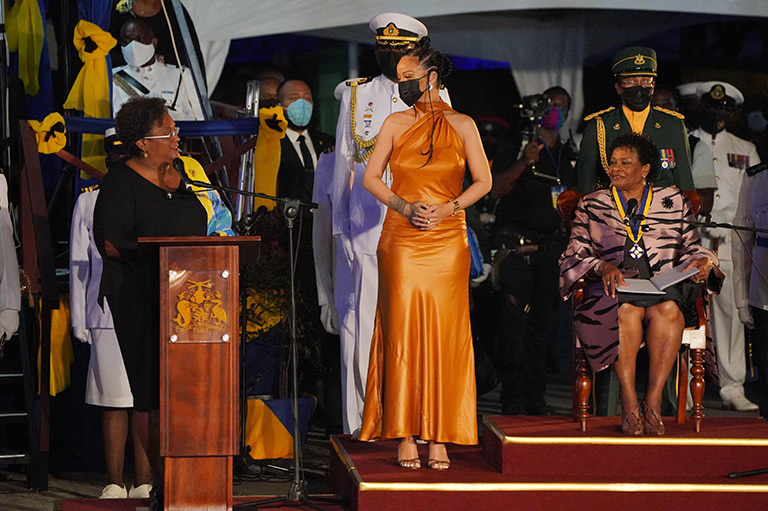
Could the institution of monarchy actually, constitutionally, be abolished in Canada? The Canadian Crown means much more than whose face adorns our postage stamps and coins. The Crown is very deeply embedded in the Canadian Constitution and governance. In Canada’s Constitution, sovereign authority is vested in the Crown. Constitutionally, the prime minister and cabinet in Ottawa — and the premiers and cabinets in each province — are advisors to the Crown (though their advice must be followed). Publicly held land is Crown land. Government corporations are Crown corporations. Every Canadian accused of a crime is prosecuted by a Crown counsel in the name of the Crown. Everywhere, authority flows down from the Crown.
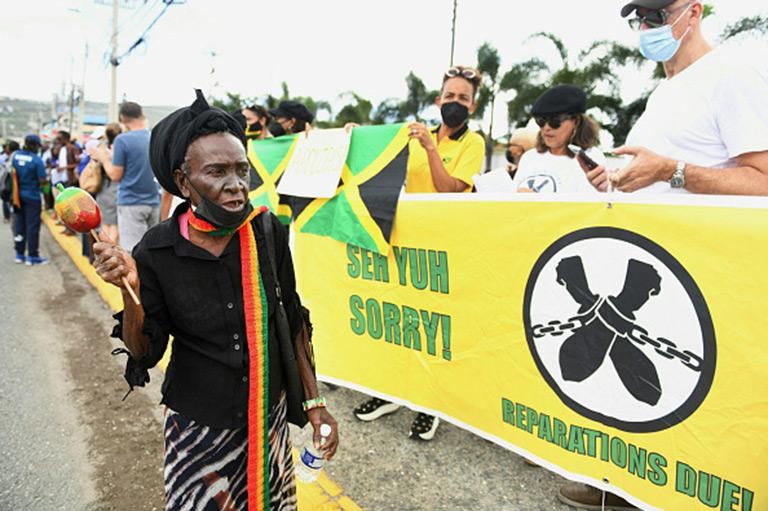
So embedded is the Crown that some admirers of monarchy argue that it simply cannot be abolished. “For all intents and purposes it would be practically impossible," wrote political scientist David Johnson (not the former Governor General) in Battle Royal, a book on the Canadian monarchy. “Even if the British abolished it in their country, the institution would continue to exist in this country.”
It's true that ending the monarchy in Canada would not be easy, and surely it will not be quick. Our constitutional processes set a very high threshold for change. Canadians may sometimes imagine that we just have to hold a referendum and the question of the monarchy will be settled. Or that our Parliament could pass a law, as the Parliament of Barbados did in 2021, and the monarchy would be ended.
Canada’s Constitution says otherwise. Any change to “the office of the Queen, the Governor General and the Lieutenant Governor of a province” requires a constitutional amendment supported by the Parliament of Canada and the legislature of every single province. Eleven governments would have to enact legislation based on a unanimous agreement among them — and that leaves aside the matter of First Nations’ support and participation.
Such a high threshold for change is appropriate: creating a Canadian head of state would be a solemn and profound change. It should not depend on a whim or a poll. But no important constitutional amendment has been passed in Canada since the Constitution was patriated with that unanimous consent amending formula in 1982. On the head of state question, the premier of any province could stall consensus by demanding fishing rights, or pipelines, or health care funding in exchange for agreement. Since the 1980s, Quebec has refused to discuss any constitutional amendments at all until its own requirements are addressed. Nor are the First Nations likely to engage with the head-of-state question so long as their own rights and powers remain unsecured.
But either the Canadian people — French and English, and the First Nations, and the provinces — wish to change the monarchy, or they do not. If the mood of Canadians about the monarchy shifts decisively in the post-Elizabethan age, what has been deemed impossible may suddenly seem inevitable to bold leaders entering a new era.
Even if a clear consensus emerged to support a Canadian head of state over our new king, and if the First Nations — seeing reconciliation moving forward — joined the process, and if Quebec grew ready to participate in constitutional talks, there would still be much to do and much to decide.
If that consensus on replacing the monarchy with a Canadian head of state could be found, agreement would still be needed on a means for selecting him or her. Letting the prime minister choose would no longer suffice. Perhaps an independent commission would choose. Or would Canadians prefer a popular mandate by direct election? Would aspiring Governors General barnstorm the country, campaigning for election and making political promises? Or might there be nominations from all provinces and territories, and perhaps the final choice among candidates to be entrusted to the First Nations of Canada, to ensure they were never brushed aside in the process? All these alternatives would need investigation, debate, and action by the Canadian public and their representative legislatures. No referendum could cope with all the issues and alternatives, particularly since each province could assert its right to hold its own referendum.
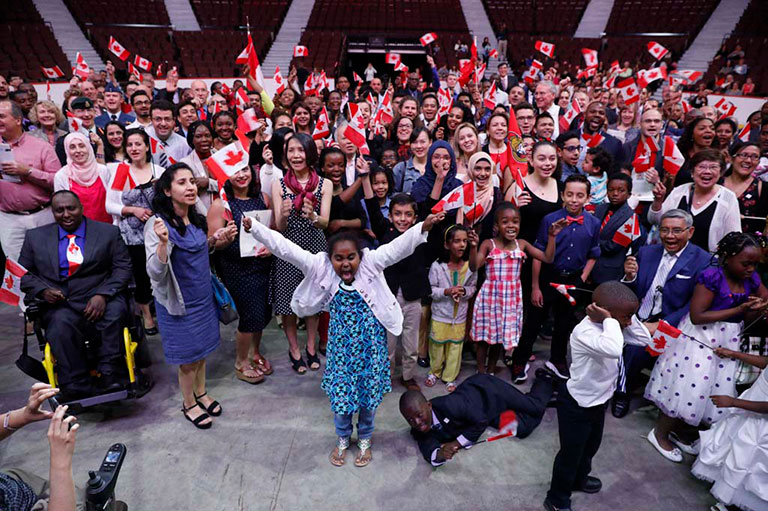
If the end of the long reign of Elizabeth really does bring about a consensus of Canadian opinion about the monarchy, profound choices will be required. A Canadian head of state will need to express the diversity and democracy of Canada in a way a British monarch never could. Much of the work of laying the foundations remains to be done.
Canada has some long-established institutions thinking about the Canadian monarchy. The Monarchist League of Canada has long supported the Crown. The Institute for the Study of the Crown in Canada, with a blue-ribbon board and an institutional home at the University of Toronto, holds conferences and publishes research, often with semi-official support from Lieutenant-Governors. But the institute is proudly pro-monarchy and devotes its efforts to promoting “the Maple Crown” and the argument that the monarchy is Canadian and cannot be replaced.
There are no comparable agencies — yet — on the republican side, which is more visible as a source of social media posts than of researched and widely discussed position papers on the constitutional and other choices that creating a Canadian head of state will require. No active Canadian politicians and few opinion-makers, whatever their private views, have yet staked their reputations on a change to the monarchy.
If Canadians are to make informed choices, we will need reliable sources of information on the pros and cons — and the ways and means — of a Canadian head of state. We will need independent policy institutes to produce constitutional scholarship and informed analysis. We need foundations and donors to support those investigations and encourage dialogue and debate. Despite years of talk about ending the monarchy at the end of Elizabeth’s reign, the ground-laying remains to be undertaken.
If Canadians after Elizabeth seek to take a fresh look at how we govern ourselves and who governs us, the process will take years, not days. We must expect to live many years under King Charles and perhaps his son King William. But in post-Elizabethan Canada, it’s an important choice. This profound moment, at the end of a remarkable reign, could be the time to start.
At Canada’s History, we highlight our nation’s past by telling stories that illuminate the people, places, and events that unite us as Canadians, while understanding that diverse past experiences can shape multiple perceptions of our history.
Canada’s History is a registered charity. Generous contributions from readers like you help us explore and celebrate Canada’s diverse stories and make them accessible to all through our free online content.
Please donate to Canada’s History today. Thank you!
Themes associated with this article
Advertisement

